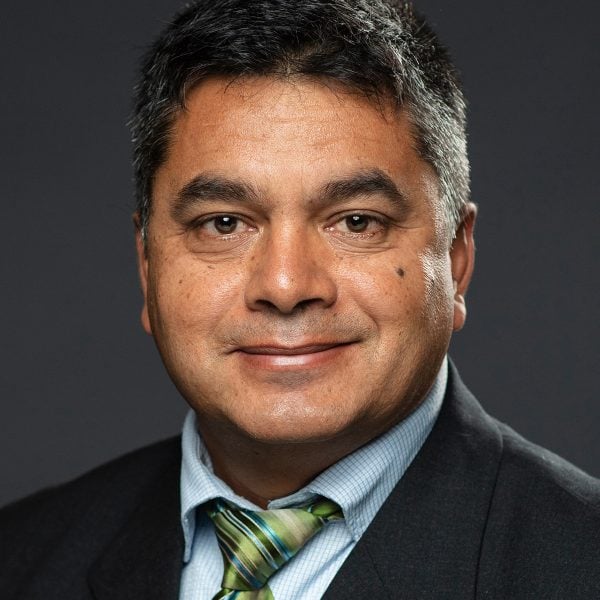
Dukka KC, associate dean for research and associate professor of computer science, has been awarded a one-year, $154,925 grant with North Carolina Agricultural and Technical State University (NCA&T) for the project, “Deep learning-based approaches for protein post-translational modification site prediction.”
An NSF “Excellence in Research” (EiR) project, the aim of the work is to develop novel computational methods based on Deep Learning (DL) algorithms. One objective of the work is to improve the prediction of post-translational modification (PTM) sites and better understand the mechanisms of cross-talk between PTMs.
Expected outcomes also include building significant research capacity in one of the nation’s largest public Historically Black Colleges and Universities (HBCU). The project will integrate research, training, education, and outreach across multiple disciplines, including computational biology, biochemistry, and cell signaling.
North Carolina A&T State University is the nation’s second college established under the 1891 Morrill Act and the first in North Carolina for people of color. It is the number one national producer of African American undergraduates in Engineering and Agriculture and of master’s graduates in Mathematics and Statistics.
To ensure the success of the project–while providing students at NCA&T quality, cross-disciplinary mentorship, and professional development, experiences–Dukka KC (co-PI) will lead the computational design aspects of this project, such as development of DL- and other machine learning-based algorithms for PTM prediction.
He will work closely with NCA&T’s Dr. Robert Newman (PI), who will provide guidance pertaining to the biochemical and biophysical significance of the attributes identified by DL- and other machine learning-based approaches. Dukka and Newman have successfully applied such a collaborative strategy to develop a number of machine learning-based algorithms designed to identify putative PTMs in cellular proteins.
Dukka is a member of the Institute of Computing and Cybersystems’s (ICC) Centers for Biocomputing and Digital health (BDH) and Data Science (DataS).